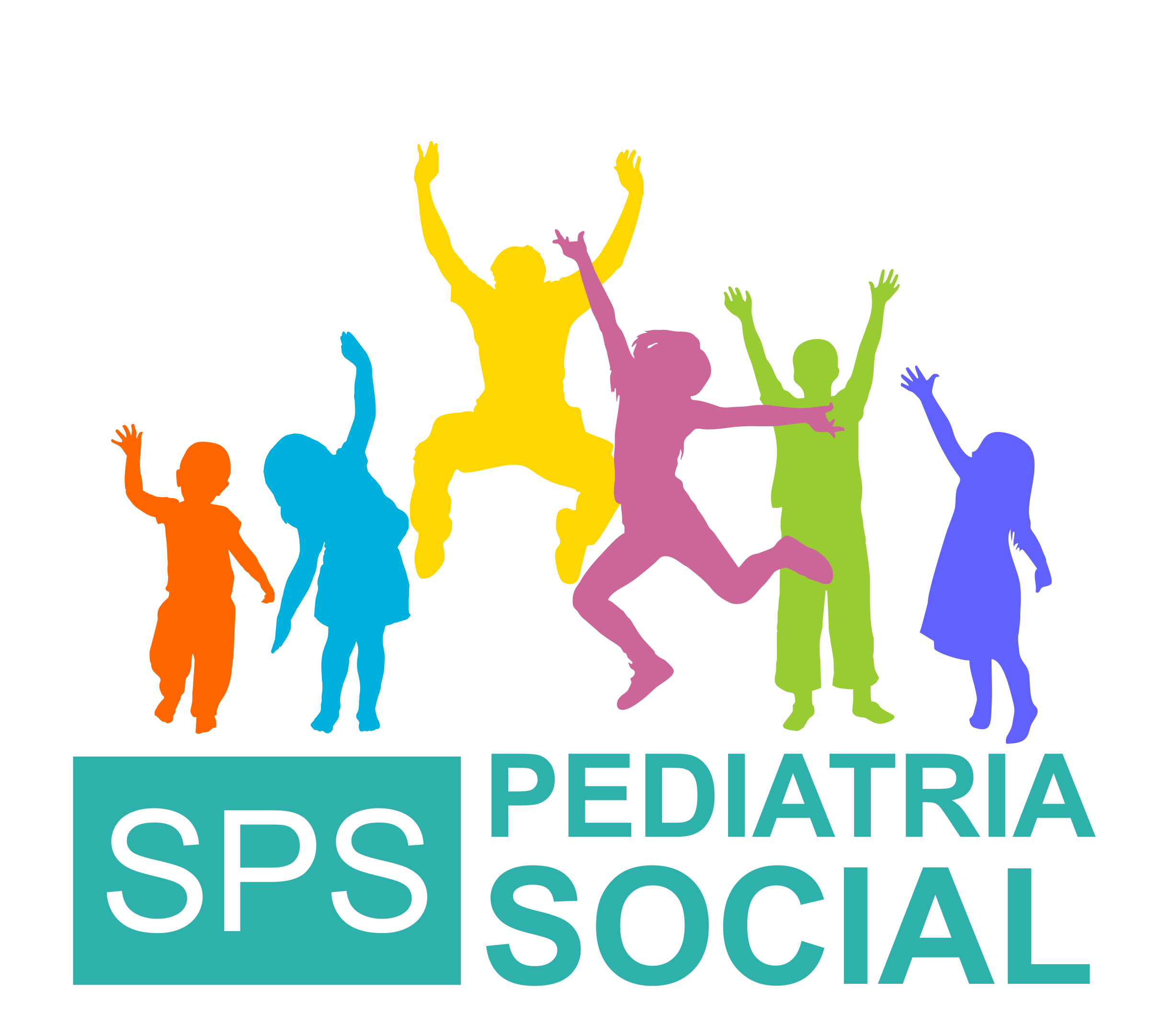eventQualia
On its social responsibility area, and having always been very present in the company the idea of innovation as a solution, eventqualia presents itself as a catalyst of ideas and as a promotor of events that might contribute to the general public and for society in general through their content.
To inform, to promote and to support are the key-words. We intend to inform the general population, to promote and discuss the work or researchers and technicians and, finally, to support non-profit organizations that work in different areas.
More about us
eventQualia comprises a multidisciplinary team that combines graduates from social sciences and information technologies, possessing a broad experience in the development of solutions for managing events. We are fuelled by technology, concerned with details and passionate about our work. Our attitude is dynamic, innovative, and highly concerned with our social responsibility, being therefore committed to concebe events that will generate social value.
We promote events that generate discussion and thought about topics with social and economic value through partnerships with entities whose activity...
It is quite obvious that, nowadays, congresses, meetings, seminars and other kinds of events play a fundamental role on the development of science, as well as in the careers of researchers, teachers and technicians. This happens, to a large extent, because this events have the potencial to generate networks where knowledge, experiences, and contacts might be shared. In a broader sense, this events generate social valeu on many ways, being its impact much deeper than its economical value.
Having become part of the activities of universities, institutes, research centers, societies and associations, these events are fundamental both for scientific dissemination and to the maintenance and enlargement of researchers and technicians social capital. However, its organization requires the intensive use of resources regarding the needed human work, frequently meaning constraints that, in the end, might compromise the main goal: the production of scientific knowledge. Several technological solutions and services have appeared on the market to support this kind of events. Yet, this services can’t positively solve every single constraint that affect its organization.
Social Responsability
Companies should not have a singular view of profitability. There needs to be a balance between commerce and social responsibility... The companies that are authentic about it will wind up as the companies that make more money.
Howard Schultz
Social Pediatrics Section of the Portuguese Pediatrics Society
The SPS's mission to protect and promote the defense of the Rights of Children and Young Persons inserted in a society in evolution, catalyzing the study, implementing best practices and stimulating the ethical research on children and adolescents in the community on which they belong at the light of the most recent scientific acquisitions.
It aims to be a meeting point of several related disciplines developing an integrating process, interacting and amplifying concepts and attitudes that, once applied, can contribute to the overall health of children, adolescents, families and community.
About Social Pediatrics
The Social Pediatrics Section (SPS) is a section of the Portuguese Pediatrics Society (SPP) created in 1979. SPS was inactive between 2004 and 2010, being reactivated and aproved in the SPS's General-Assembly of 6th of Octorber 2010.
The SPS's mission to protect and promote the defense of the Rights of Children and Young Persons inserted in a society in evolution, catalyzing the study, implementing best practices and stimulating the ethical research on children and adolescents in the community on which they belong at the light of the most recent scientific acquisitions.
Social determinants of health
The social determinants of health (SDH) are the conditions in which people are born, grow, work, live, and age, and the wider set of forces and systems shaping the conditions of daily life. These forces and systems include economic policies and systems, development agendas, social norms, social policies and political systems.
World Health Organization
Portuguese Society for the Study of Abused and Neglected Children (SPECAN)
As a non-profit association, SPECAN arise in 2011 by a group of professionals who represents the majority of the areas related with abused and neglected children, including Law, Medicine, Psychology, Sociology, Services of Childhood and Youth Protection, among others. The SPECAN aims to promote the development and diffusion of the scientific and technical investigation in this areas, on a multidisciplinary approach to the several ways of abuse and negligence of children, in order to prevent and act on this situations.


